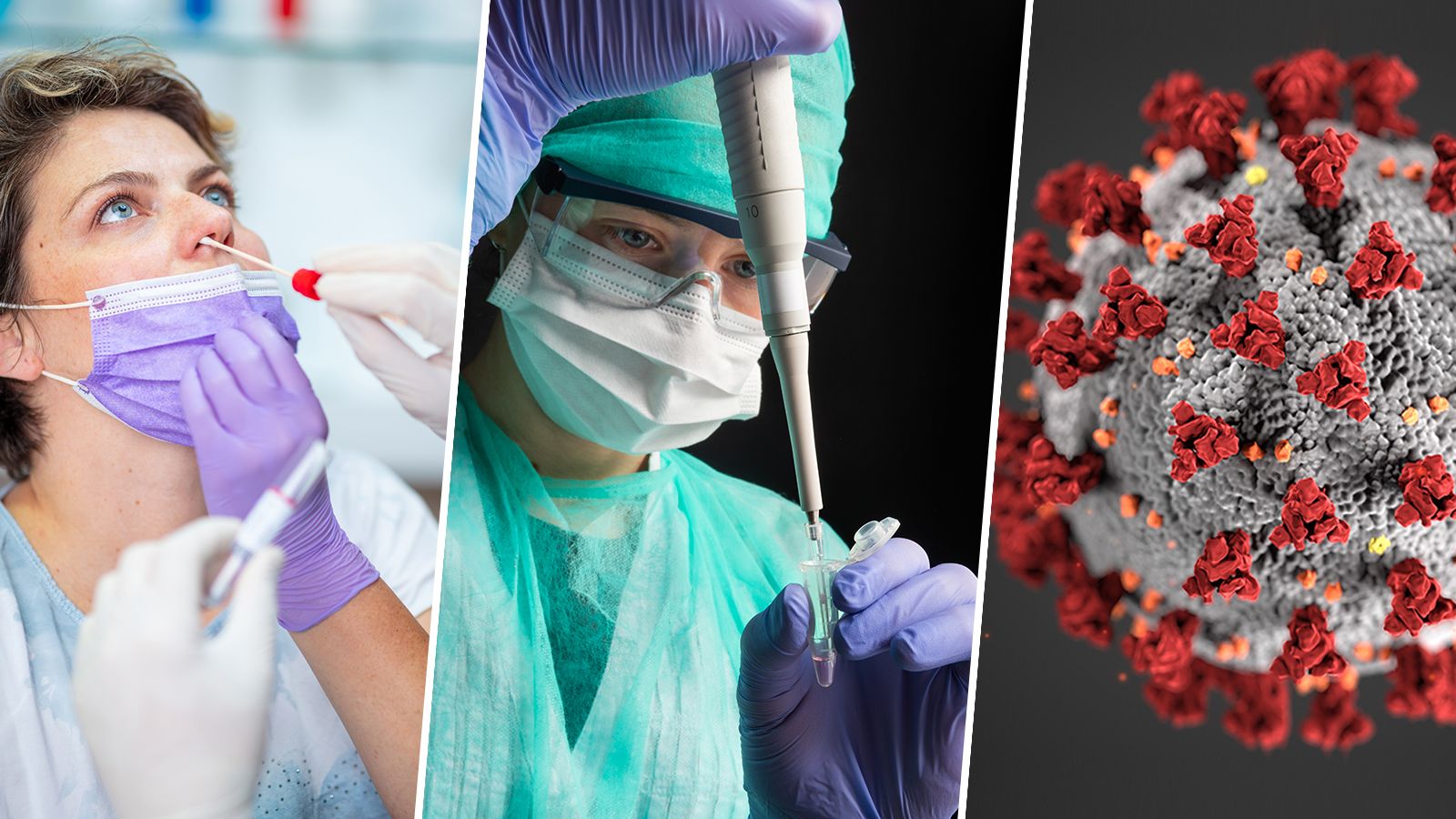Discovering distinctive symptoms linked to the JN.1 variant of COVID-19 remains a dynamic process; nevertheless, it’s imperative to access updated medical resources or consult healthcare professionals for accurate and comprehensive information, as my knowledge is based on data until January 2022.
Identifying Symptoms of the JN.1 COVID-19 Variant
The ongoing evolution of COVID-19 strains presents ongoing complexities in comprehending the diverse expressions of the virus. Among these variants, the JN.1 strain has notably captured attention, highlighting the significance of remaining updated on the distinct indicators linked to each variant despite potential overlapping symptoms.
1. Stay Updated with Reliable Sources
Remaining informed about the swiftly changing characteristics of viruses necessitates maintaining communication with reliable health institutions such as the World Health Organization (WHO), Centers for Disease Control and Prevention (CDC), or local health authorities. These organizations consistently furnish the most recent data on newly emerging virus strains and their related symptoms, ensuring dependable advice amid the constantly shifting realm of infectious diseases.

2. Recognizing Common COVID-19 Symptoms
Recognizing common COVID-19 symptoms is crucial, even though specific symptoms of the JN.1 variant may vary.
Fever and Chills: Consistent elevation in body temperature, often paired with shivers or a sensation of coldness.
Cough and Breathing Difficulties: A dry cough that may progress to difficulty in breathing or a sense of being unable to catch one’s breath.
Fatigue: Feeling unusually weary or drained even with minimal physical activity.
Muscle or Body Discomfort: Experiencing soreness or discomfort in muscles or throughout the body.
Loss of Taste or Smell: A sudden inability to detect tastes or odors, or a noticeable alteration in these senses.
Sore Throat, Congestion, or Runny Nose: Symptoms commonly associated with a typical cold but also potentially present in cases of COVID-19.
Headache: Persistent and at times severe headaches could indicate a symptom of COVID-19.
3. Monitoring for Variant-Specific Symptoms
As the JN.1 variant might have its unique set of symptoms, paying attention to any emerging signs reported by health authorities is crucial. These variant-specific symptoms may include:
Atypical gastrointestinal manifestations, such as heightened occurrences of nausea, vomiting, or diarrhea, may exhibit increased prominence linked to specific variants. Moreover, there have been documented instances of neurological effects associated with certain variants, including dizziness, confusion, and sporadic occurrences of seizures in reported cases.
4. Seeking Medical Attention
If you suspect you or someone else might have contracted the JN.1 variant or any form of COVID-19, seeking medical advice is crucial. Contact your healthcare provider, local health department, or use available telehealth services for guidance on testing and further steps to take.
5. Preventive Measures Remain Key
Comprehending the subtleties of symptoms is pivotal, but the key to curbing the emergence of COVID-19 mutations hinges on placing prevention at the forefront. Embracing rigorous hygiene protocols, wearing masks in crowded or risky settings, maintaining distance, and choosing vaccination when available and recommended, remain indispensable defenses against the virus’s transmission.
Conclusion
Detecting symptoms linked to the JN.1 variant or any novel strain of COVID-19 demands attentiveness, staying updated, and recognizing any atypical indications diverging from typical signs. Engaging with healthcare experts and following preventive protocols remains imperative in controlling the effects and transmission of evolving variants.
Remember, the information provided here is based on general knowledge about COVID-19 symptoms up to my last update in January 2022. For the most accurate and updated information about the JN.1 variant or any new COVID-19 strains, please refer to the latest guidelines and recommendations from health authorities and medical professionals.
Read More:-Top 10 Yoga Tips Asanas For Better Eyesight
Read More:- The Top 7 Health Insurance Plans for Families

